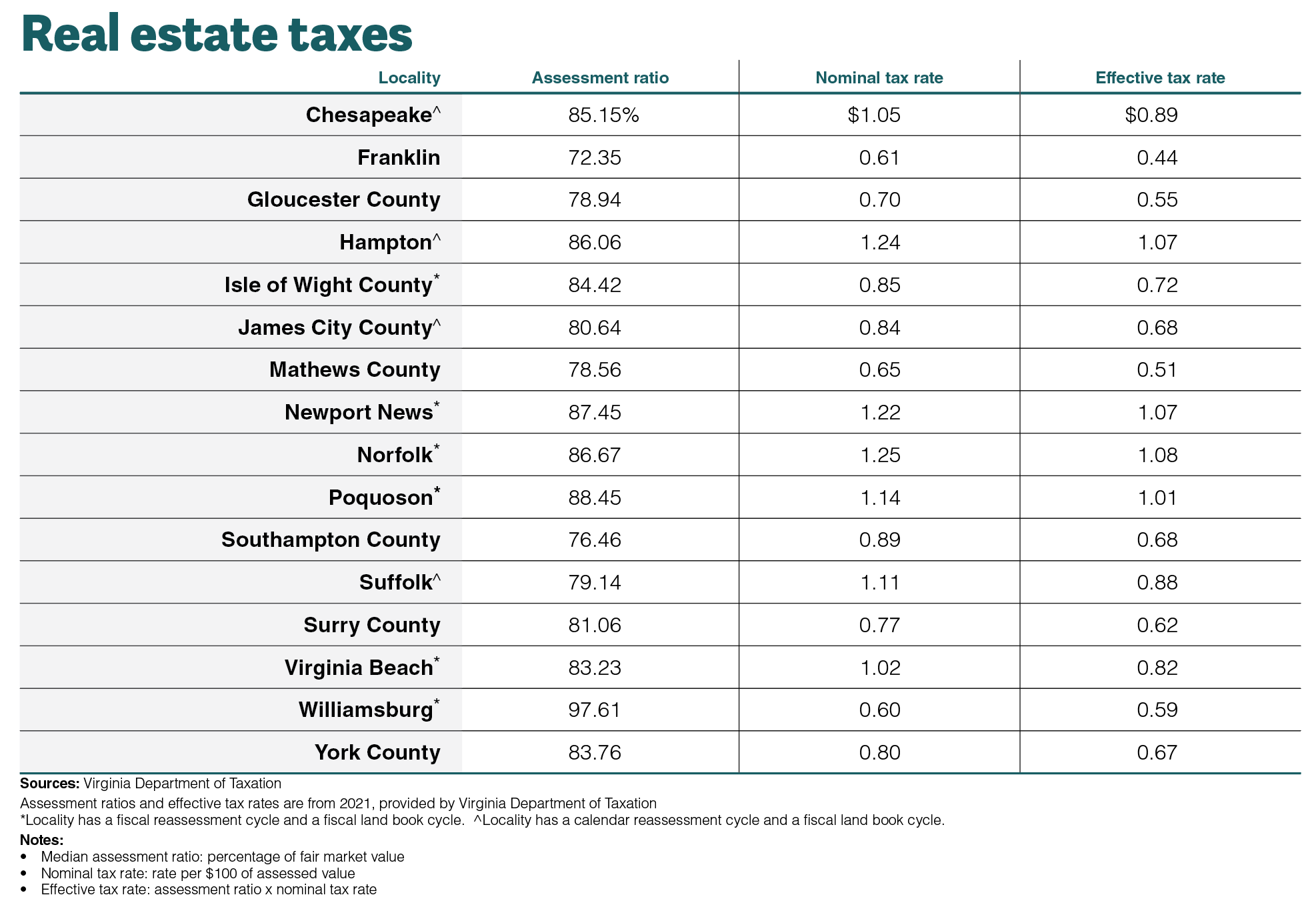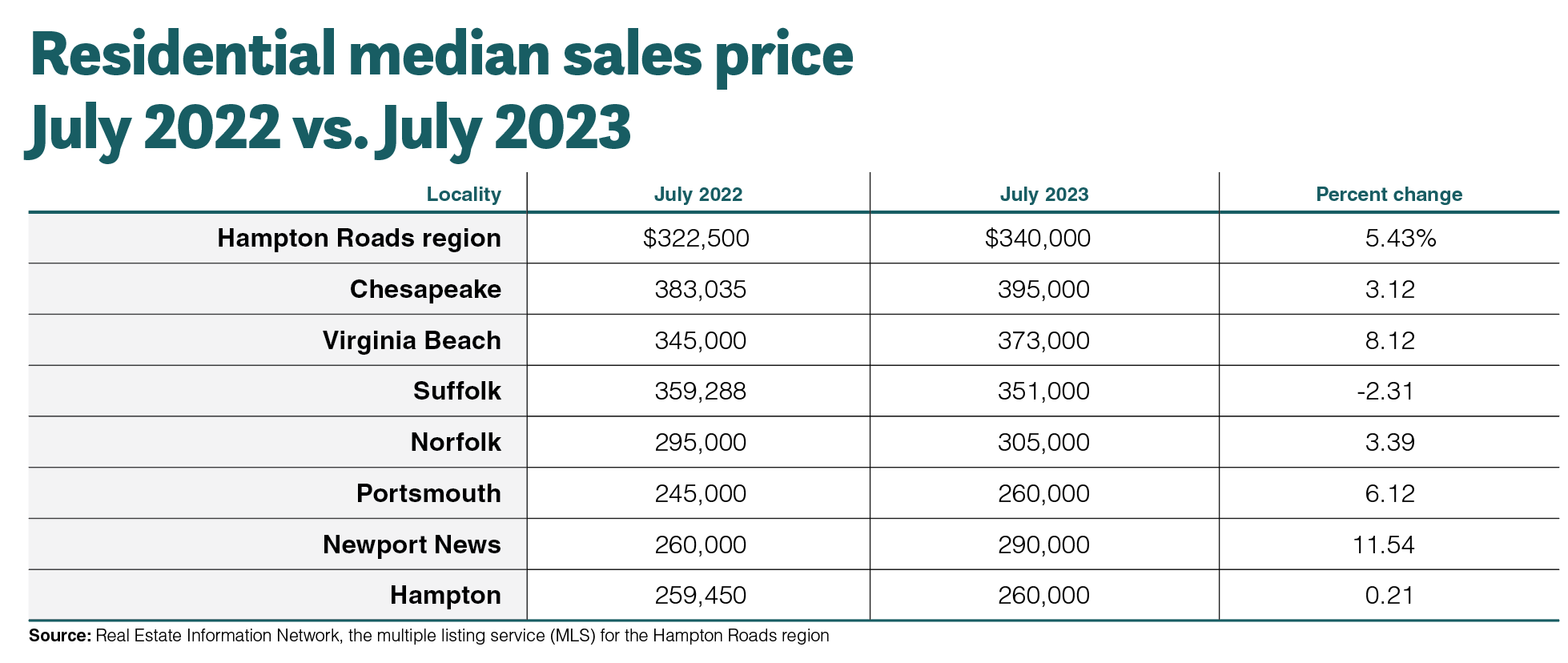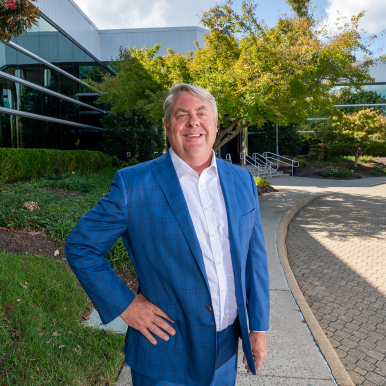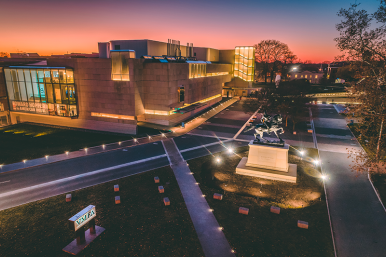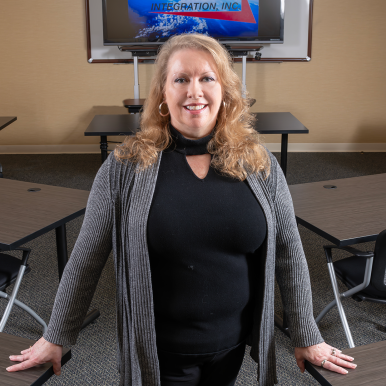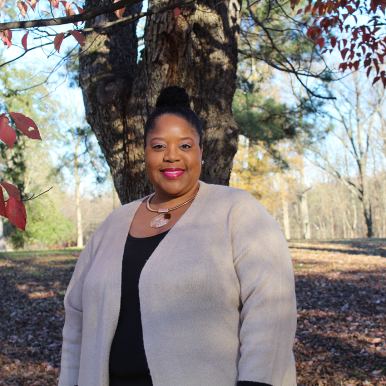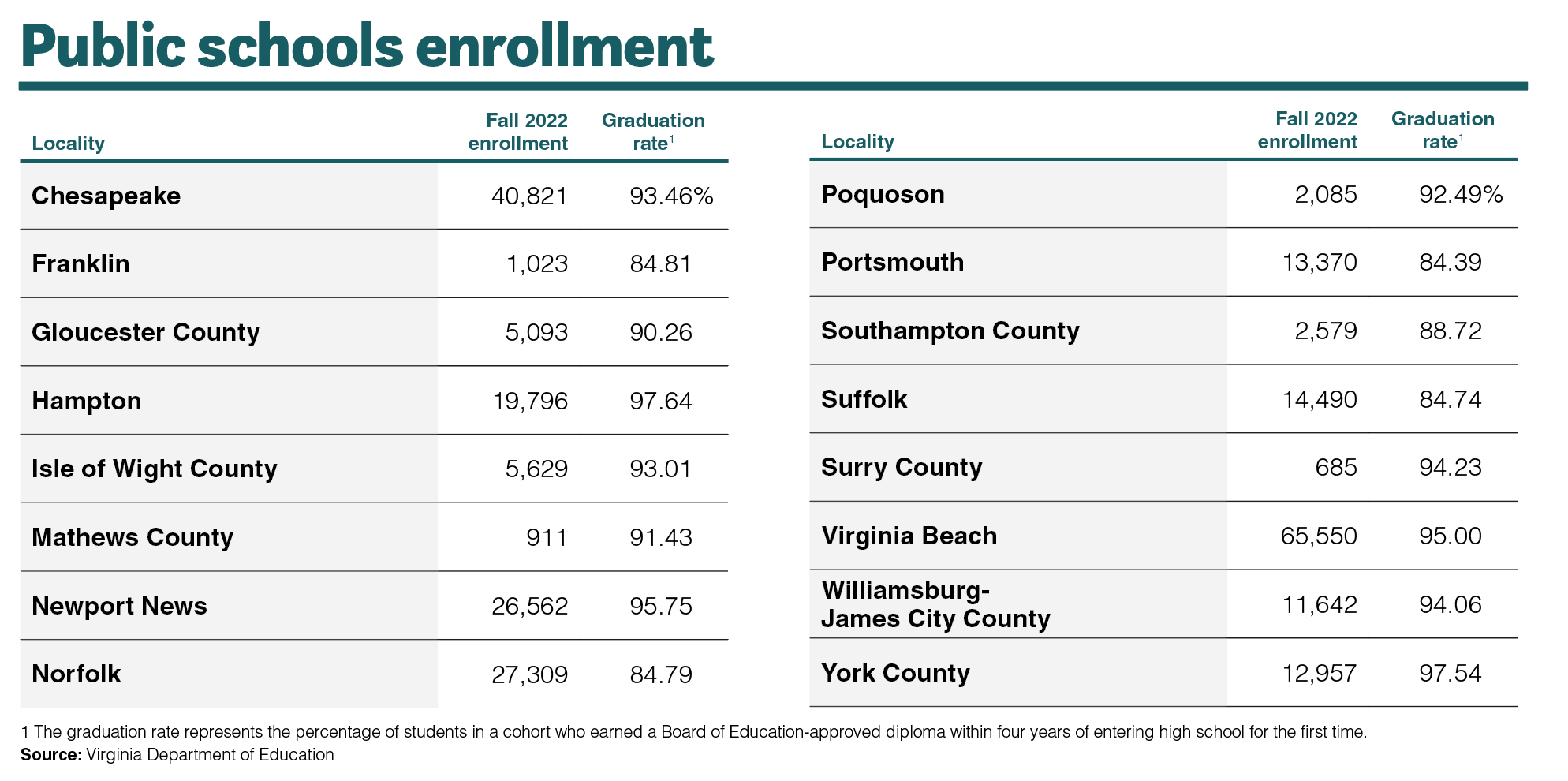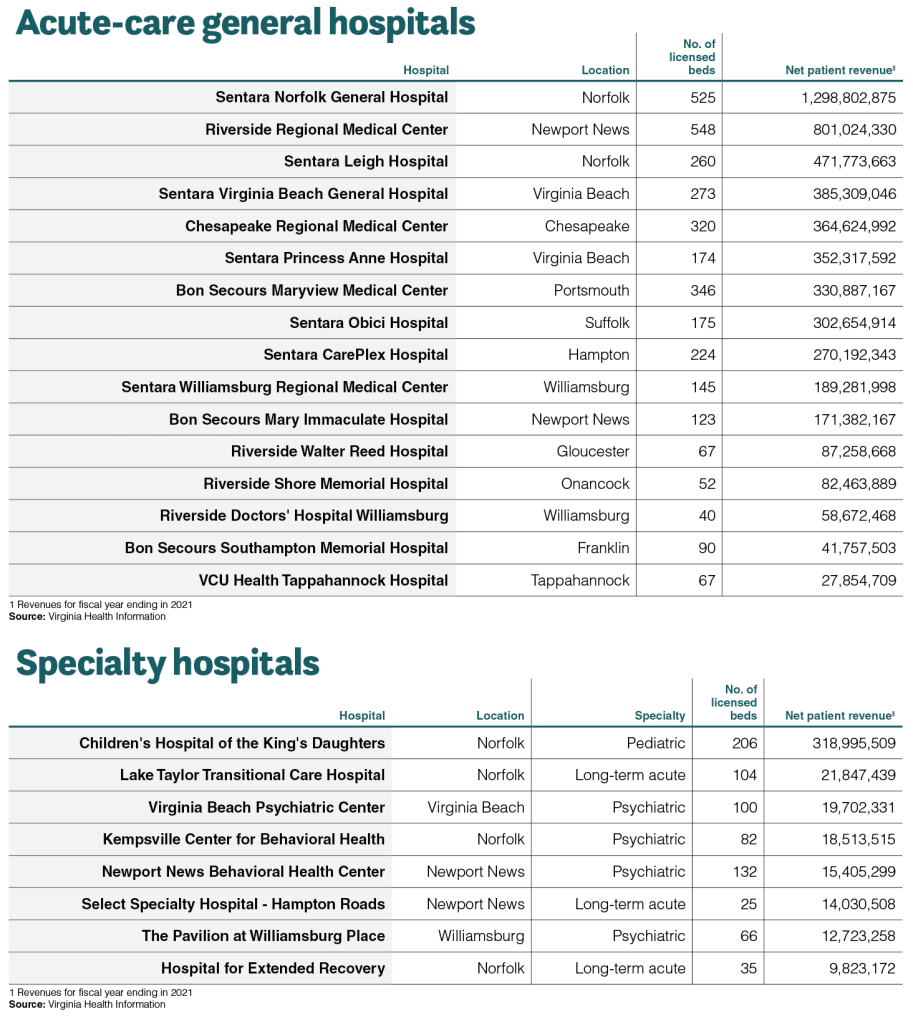It’s been a few months since Virginia Commonwealth University‘s Massey Comprehensive Cancer Center was added to an elite, national list of comprehensive cancer centers, but the excitement around the June announcement continues.
“It definitely is a huge deal,” says the center’s director, Dr. Robert A. Winn. “This is something we’ve chased for the better part of several decades.” Winn joined Massey as its director in 2019, but he’s well-versed on the history behind VCU‘s quest to gain the comprehensive designation for Massey from the National Cancer Institute.
In fact, Winn found it “surprising and puzzling” that Virginia had no NCI comprehensive cancer centers when he came to VCU from Illinois, which has two comprehensive cancer centers, both in Chicago. Nearby states North Carolina, Maryland, Pennsylvania and Tennessee all have multiple NCI-designated comprehensive cancer centers.
“We can now join the ranks of those states,” Winn says, noting that the University of Virginia Cancer Center became the first to receive comprehensive cancer center status in February 2022, followed by Massey in June.
U.Va. and Massey were previously on the NCI’s list of designated cancer centers, which means they met the rigorous requirements to be funded by NCI to deliver cutting-edge treatments. Comprehensive status is another step up, and it’s considered the gold star for cancer institutions. It denotes superior work in the areas of research, training and community impact. Currently, there are 72 NCI-designated cancer centers in the country. Of those, 54 are comprehensive cancer centers.
Being in the comprehensive category gives Massey a tremendous boost in terms of resources and visibility, enabling it to “offer care at a level that wasn’t there before,” Winn says. “It’s not only a big deal for Massey, it’s a big deal for the commonwealth.”
Community-to-bench model
A key to gaining comprehensive status, according to Winn and others at VCU, is Massey’s dedication to serving Virginians who previously may have been underserved when it came to advanced cancer treatments. The concept of equitable care is at the forefront of VCU administration goals, Winn says, and Massey is emerging as a national model for how to approach cancer research and treatment by looking first at the needs of the patient base.
This “community-to-bench” model calls for community involvement to shape the research done at the laboratory bench and then guide the design and implementation of clinical trials and treatment programs. “It’s looking at who we serve and making sure the science serves them,” he says. Massey generally draws patients from Central, Eastern and Southern Virginia.
“Innovation does not equal impact for all people,” Winn says, so Massey is stepping out of the traditional mold for how to provide top-level care. It’s making a concerted effort to involve and help “invisible communities” that may not get much attention at other cancer centers, he says.
This approach is in line with the mission of VCU Health, says the health system’s interim CEO, Dr. Marlon Levy. “We’re a high-tech, high-touch hospital,” he says. “But we’re also a safety-net hospital whose doors are open to all.”
Achieving comprehensive status is “really the pinnacle of many, many years of effort by a very large team,” Levy says, adding that Winn’s push for increased community involvement put Massey “over the top.”
Massey follows a path different from many of its peers on the NCI comprehensive list.
“The hallmark of this comprehensive cancer center … is we’re serving a very vulnerable population,” Levy says. “A lot of other cancer centers may not focus on that the way Massey does.” In Levy’s opinion, this is just the beginning of what Massey can do to better serve all patients: “We aspire to transform cancer care delivery … and care access to the patients we serve.”

Nearly 50-year history
Massey’s roots reach back to 1974, when VCU established a cancer center on the Medical College of Virginia campus. In 1983, it was named Massey Cancer Center in honor of a gift from coal-magnate brothers Bill and E. Morgan Massey. Under the direction of Dr. Gordon Ginder, who became the cancer center’s director in 1997, Massey experienced steady growth and added advanced research labs. Ginder led Massey for more than 20 years before announcing his decision to step down in 2019.
Massey made a national name for itself in bone marrow transplants and stem cell research, Levy says. And the comprehensive designation puts Massey in an even better position to “attract top talent … to do more advanced research,” he says. Today, the center has about 150 researchers across nearly 40 academic departments at VCU.
While downtown Richmond still is the nucleus for Massey operations, its patients receive oncology care in locations throughout the Richmond metropolitan area as well as in smaller communities elsewhere in the state, including Tappahannock and South Hill. Securing expansion space in downtown Richmond is difficult due to space constraints. VCU Health made headlines this year for backing out of a multimillion-dollar private development deal for a medical office tower at the site of the city’s former Public Safety Building, located near VCU hospital buildings. VCU paid $73 million to exit that deal, which could have cost as much as $650 million over 25 years. In June, VCU received city approval to raze the Public Safety Building, and it may instead build a new $415 million dental school there.
Most NCI-designated comprehensive cancer centers are affiliated with universities, many of which are large, public schools. Examples include Ohio State University, the University of Texas at Austin, the University of Alabama and the University of Michigan. Others with comprehensive status are affiliated with widely recognized private schools such as Duke University and Johns Hopkins University.
‘In the Ivy Leagues’
Winn joined Massey as its director and Lipman chair of oncology after serving as director of the University of Illinois Cancer Center in Chicago, which is not NCI-designated but is known for its community focus in developing and executing treatment plans. Winn brought with him a reputation for advancements in treating lung cancer as well as his work to eliminate health disparities. He has continued to draw national attention as a champion of equitable care. In 2021, he was the first recipient of the Association of American Cancer Institutes’ Cancer Health Equity Award. He is also the namesake of the Robert A. Winn Diversity in Clinical Trials Award Program, a $114 million training and education program for clinical trialists that VCU is spearheading in partnership with the Bristol Myers Squibb Foundation.
Anita Harrison, Massey’s executive director of research strategy, says Winn’s community-focused programs have propelled Massey forward. “We are involving the community in everything we do,” Harrison says. Massey is even working with high school science programs to cultivate future employees across diverse backgrounds. But the community focus alone would not have gained Massey its NCI-designated comprehensive status.
When applying for the NCI designation, “you’re laying out the case as to why your institution is leading the nation in cancer research,” Harrison explains. In addition to proving that the institution is breaking new ground in a meaningful way, “you have to show that you’re training the next generation … and actually making an impact in your immediate community.”
The work doesn’t stop now that Massey has received the comprehensive designation. “We cannot let up at all,” Harrison says. “We have to show that we’re making more impact … especially through clinical trials.”
And, in keeping with VCU’s mission, treatments must be available to everyone. “All the discoveries are worthless unless we can get them to the people who need them,” she says, adding that Massey needs to aim to “improve outcomes for all people.”
In the big picture, Massey is significantly smaller than many of the institutions on the comprehensive list in terms of patient volume and area population. “We’re not in New York City,” Harrison says. While Massey has about 150 researchers, other comprehensive centers might have 500. “Even though we’re small, we’re mighty,” she says. “We’ve really kind of made our mark, especially in this health equity area.”
Massey may not have the household name recognition of Memorial Sloan Kettering Cancer Center in New York or the University of Texas MD Anderson Cancer Center, but it now has achieved the same NCI status. That’s an accomplishment for which Massey should be proud, Harrison says: “We’re up there in the Ivy Leagues of cancer centers.”
Vision for the future
Dr. Paula M. Fracasso, formerly of the University of Virginia, joined Massey last year as deputy director and senior vice president of the cancer service line. An oncologist, medical school professor and former pharmaceutical executive, Fracasso works with Winn on Massey’s initiatives while coordinating the service line that helps patients navigate their health care.
“I have the incredible opportunity to … work with all to ensure we deliver the highest quality care through the entire patient journey,” Fracasso says. She taps into resources offered by the American Cancer Society and other philanthropic and stakeholder organizations to “help people who need help.” That may involve anything from explaining treatment options to lining up transportation and lodging.
Massey’s advancements in bone marrow transplants and stem cell research draw patients from throughout the state and beyond. “We are the only [Virginia] site that has MRI-guided radiation therapy,” Fracasso says. The center also offers some less technical programs, such as its Survivorship Clinic, which helps cancer patients thrive during and after treatment.
Fracasso feels sure that Massey will retain its comprehensive status when its NCI recertification rolls around in five years. “We’re going to continue doing what we did to earn it,” she says. “We are extremely thrilled, excited, jazzed … to let the people of the commonwealth of Virginia know what kind of care we give and will continue to be giving.”
She describes this as an “incredibly exciting time” in the history of Massey. The center will continue to strive for a “seamless patient journey with state-of-the-art care,” Fracasso says. “That’s what we’re trying to do at Massey every day for every patient and every family.”
Philanthropic support has been critical to Massey’s successes thus far, Winn says, and will continue to play a big role in its future. He would like to see an expansion in the center’s wet laboratory space and data sciences research. “Right now, the shirt is tight-fitting,” he says. More research space would be welcomed. “The complexity of cancer care is incredible,” he says.
Winn also dreams of a day that Massey has its own hospital, with its own emergency room, just for cancer patients. But for now, he’s happy to be at the helm of a comprehensive cancer center that conducts research involving and serving people who might otherwise not get the care they need. In this way, he says, Massey is a “North Star for many other cancer centers.”
VCU at a glance
Founded
Virginia Commonwealth University was founded in 1838 as the Medical College of Hampden-Sydney and was later renamed the Medical College of Virginia. In 1968, MCV merged with Richmond Professional Institute to form VCU.
Campus
VCU has two campuses in downtown Richmond covering a total of 198 acres. The Monroe Park Campus houses most undergraduate students and classes. VCU’s five health sciences schools, the College of Health Professions, VCU Massey Comprehensive Cancer Center and VCU Health are located on the MCV campus.
Enrollment
Undergraduate: 21,270
Graduate: 5,622
First professional: 1,516
International: 999
In-state: 86%
Minority: 47%
Employees
24,065*
Faculty
Full-time faculty: 2,501
Full-time university and academic professionals: 3,390
Tuition and fees
In-state tuition and fees: $16,233
Tuition and fees (out of state): $38,817
Room and board and other fees: $13,283
Average financial aid awarded to full-time freshmen seeking assistance: $19,290
About VCU Massey Comprehensive Cancer Center
More than 1,000 people work at Massey, which sees more than 3,000 new patients every year. Massey patients receive care at multiple locations, including:
VCU Health’s Adult Outpatient Pavilion
VCU Medical Center
VCU Health Stony Point Campus
VCU Health Community Memorial Hospital in South Hill
VCU Health Tappahannock Hospital
* Includes VCU and VCU Health


